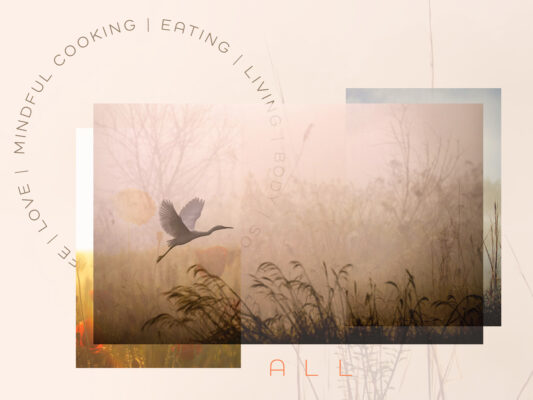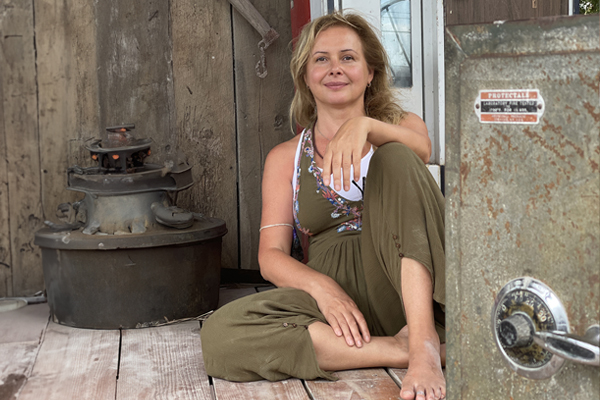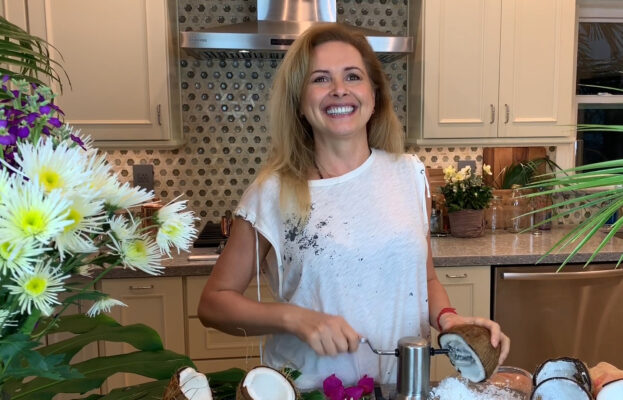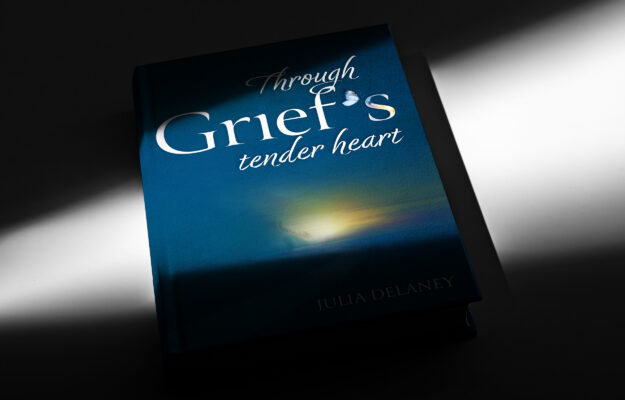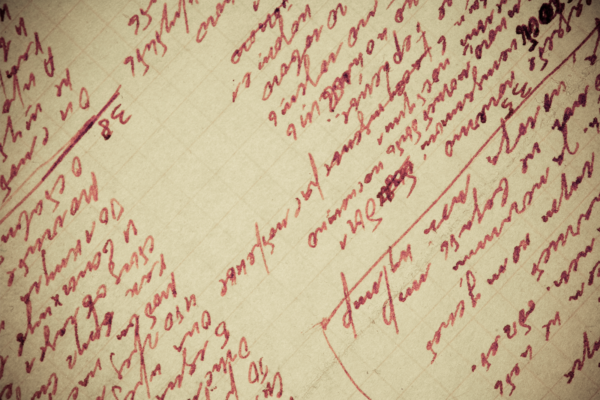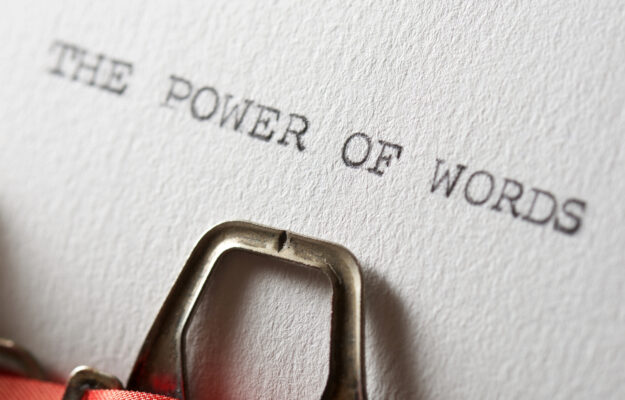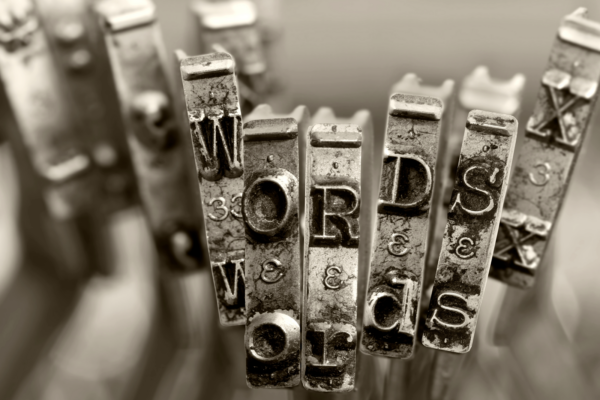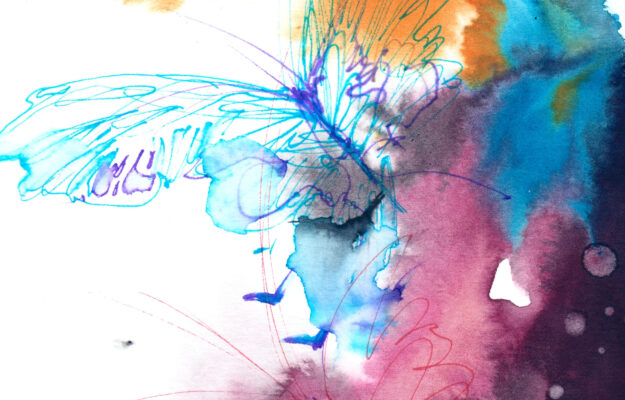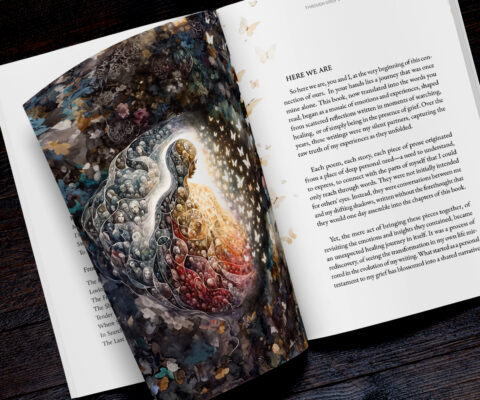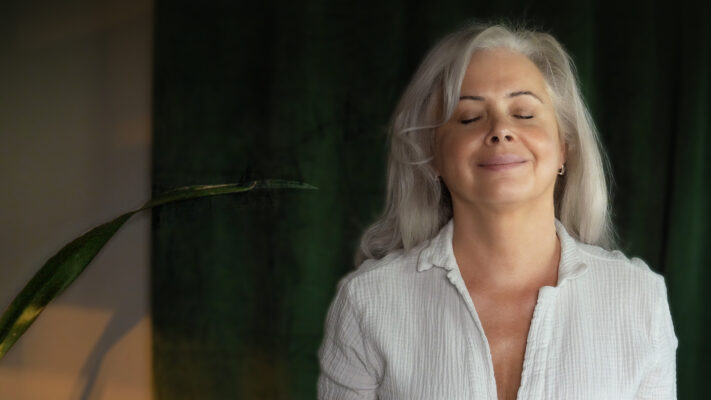Writing as a means of navigating through grief—is a powerful tool for healing. Writing allows for a tangible expression of the intangible, offering a way to articulate the complex emotions that accompany loss. By putting words to feelings, I’m not only identifying and acknowledging these emotions but also experiencing self-compassion and, just maybe, finding understanding.
Unraveled
(2017, © Julia Delaney)

There’s something almost magical about the act of writing, especially when it comes to the messier parts of our emotional landscape. I’ve found that putting pen to paper—or fingers to keyboard—about feelings like anger, sorrow, or that deep-seated regret can actually lift a bit of their weight off my shoulders. It’s as if by describing these emotions, observing them closely enough to name them, they start to lose some of their shadowy power over me. When I write about my emotions, especially in the form of poetry, I engage in a process that is both cathartic and transformative.
So I Write
(2017, © Julia Delaney)

Poetry, by its nature, requires a distillation of experience. To capture an emotion in a poem, you must condense and refine your thoughts and feelings into the most potent form. This distillation process can lead to epiphanies and insights, as the act of finding the perfect word or metaphor forces you to examine your emotions from different angles. Poetry’s rhythmic and symbolic nature also allows for a more abstract exploration of feelings, making it a powerful medium for expressing complex emotions.
Naming
(2019, © Julia Delaney)
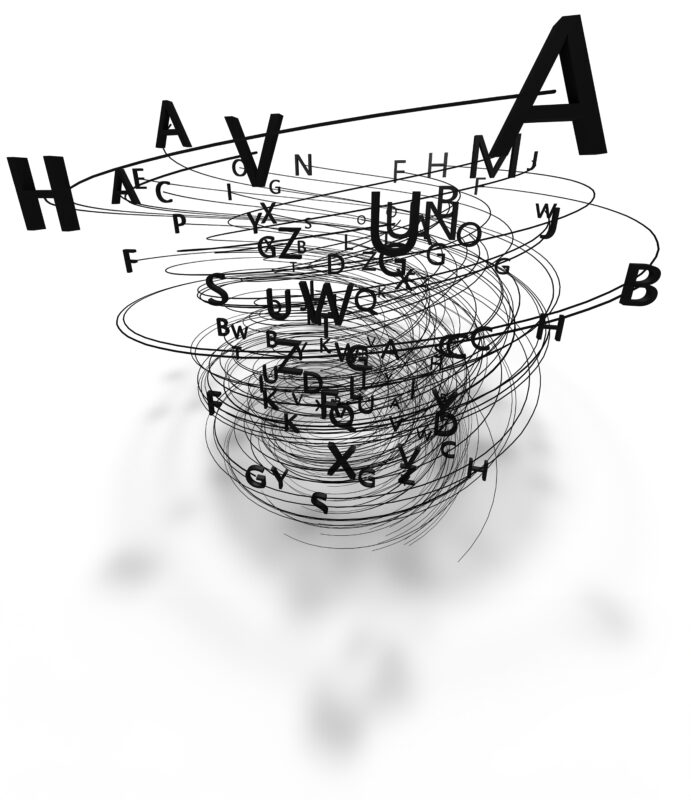
Writing, particularly in the form of poetry, often touches on the universal aspects of human experience. By articulating your feelings, you not only connect with yourself on a deeper level but also tap into the collective human experience. This sense of connection can be profoundly relieving, as it reassures you that you’re not alone in your feelings. Poetry, with its ability to convey deep emotional truths in a condensed and impactful way, can bridge individual and collective experiences, offering solace and understanding.
Now
(2022, © Julia Delaney)
In your journey through grief, you might find solace in writing. It’s not about crafting perfect sentences or worrying about grammar; it’s about letting your heart speak on paper. Describe what you’re feeling, no matter how tumultuous or tangled those emotions might be. Name your pain, your longing, your memories—anything that comes to mind. You don’t need to aim for coherence or beauty, just honesty. This process isn’t about judgment; it’s about expression. It might not alleviate the pain completely, but it could lighten the burden, even if just a little.
Be Alive 🌱
Love ❤️, Julia
Sit With Your Pain. Caught in the Relentless Grip of Grief. 🎧
“Sit with your pain, be with it,” he said.I smiled, screaming inside:“You have no F*ing [...]
Through Grief’s Tender Heart
For moments when you seek a deeper connection, let this be the place where words [...]
In Lines of a Scribble
Writing is not merely an academic skill or a talent reserved for the few. It’s [...]
Within the Heart, Without the Veil: An Instant Unfolded
This is my exploration of inner turmoil, creativity, and the cathartic process of writing. I’m [...]
The Power of Words
The power of words in the journey of healing. Explore the depths of emotions and [...]
Unscripted Connections: Words Without Walls
I found joy in the dance of words, in the rhythm they created, in the [...]
Healing through Loss
GUIDED MEDITATIONS 💗
DISCLAIMER: The materials and the information contained on the Positive Pranic website are provided for general and educational purposes only and do not constitute any legal, medical, or other professional advice on any subject matter. None of the information on our videos is a substitute for a diagnosis and treatment by your health professional. Always seek the advice of your physician or other qualified health providers prior to starting any new diet or treatment and with any questions you may have regarding a medical condition. If you have or suspect that you have a medical problem, promptly contact your health care provider.






